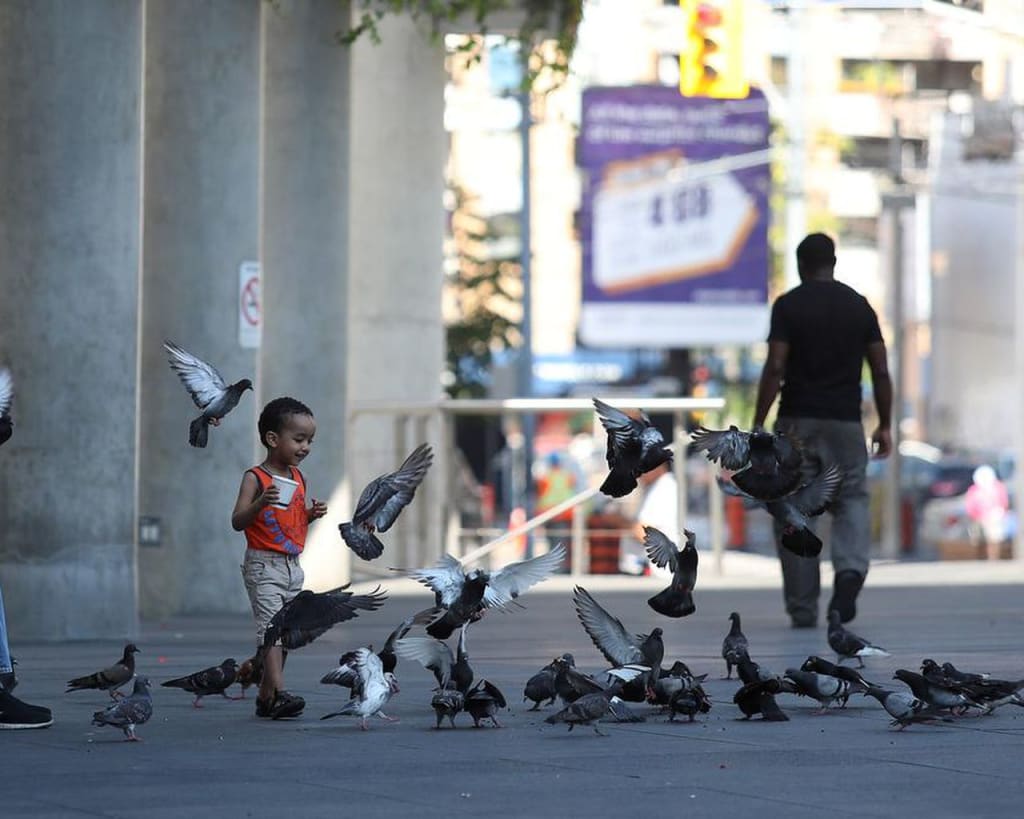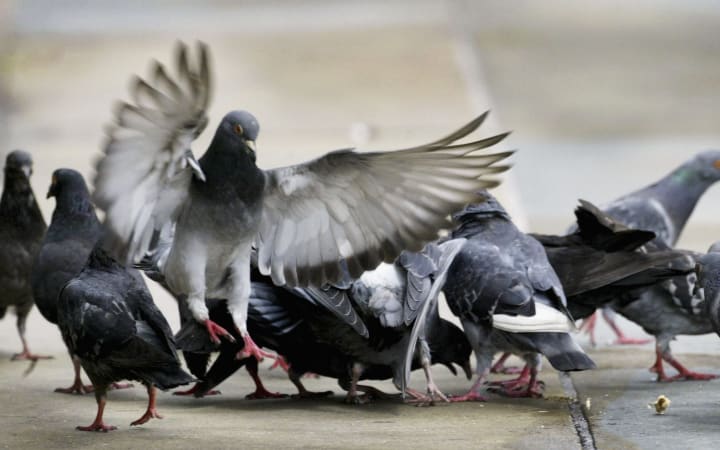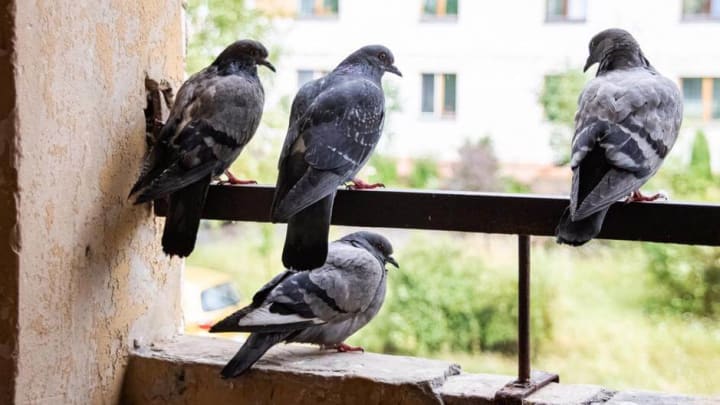Balancing Eco-Friendliness and Guest Experience : Managing Pigeons in a Hotel's Restaurant Balcony
How Proper Maintenance and Monitoring Can Create a Unique and Enjoyable Experience for Guests While Supporting Local Bird Populations


A hotel's restaurant, surrounded by glass panels, has an adjacent narrow space where pigeons often come to nest, causing issues with droppings and soiling the balcony area. The hotel administration considers it a disturbance for guests, but providing a space for birds to nest can be an eco-friendly practice that enhances the guest experience. By implementing measures such as regular maintenance and monitoring, and providing information to guests, the hotel can manage potential risks and create a unique and enjoyable experience for guests while supporting local bird populations.

While having pigeons nesting in the balcony area may seem like a natural and eco-friendly practice, it could also create some concerns for guests who are staying at the hotel. Pigeons can create noise, mess and potential health hazards with their droppings, which could negatively affect the guest experience.
However, with proper maintenance and management, it may be possible to create a comfortable and attractive space that guests can enjoy without being disturbed by the pigeons. The hotel administration can consider installing bird netting or spikes to prevent the pigeons from roosting in the balcony area, while still allowing guests to enjoy the view. Additionally, regular cleaning of the balcony area and the use of pigeon repellents can help to minimize the mess and potential health hazards.
Ultimately, it is important for the hotel administration to carefully consider both the potential benefits and drawbacks of having pigeons in the balcony area and make a decision that prioritizes the comfort and safety of their guests.
Here are some ideas that the hotel administration can consider when implementing an eco-friendly practice that involves providing a space for birds to nest:
1. Conduct a risk assessment: Before implementing any eco-friendly practice that involves animals, it's important to conduct a risk assessment to determine potential risks to guest health and safety. This assessment should be conducted by a professional and should take into consideration the local regulations.
2. Determine the bird species: The hotel administration should determine which bird species are native to the area and the potential for the birds to nest in the balcony area. This will help to inform the design of the balcony area and the type of bird deterrents that may be necessary.
3. Design the balcony area: The balcony area should be designed to provide a comfortable and attractive space for guests while also discouraging birds from nesting there. This can be achieved by using materials that birds are less likely to nest in, such as metal or smooth surfaces. Additionally, the hotel can consider installing bird netting or spikes to prevent birds from landing on the balcony area.
4. Monitor the birds: Once the balcony area is established, it's important to monitor the birds to ensure they are not causing any issues for guests. This can be done by conducting regular inspections of the balcony area and monitoring the behavior of the birds.
5. Implement bird-friendly practices: In addition to providing a space for birds to nest, the hotel can implement other bird-friendly practices, such as providing bird feeders or bird baths in other areas of the hotel. This will encourage birds to stay away from the balcony area and help to create a more diverse ecosystem on the hotel property.
6. Educate guests: The hotel administration should educate guests about the eco-friendly practice and the benefits it provides. This can be done through signage, guest information packets, or through hotel staff. By educating guests, the hotel can help to create a more positive perception of the eco-friendly practice and encourage guests to participate in other sustainable practices.
Overall, the hotel administration should carefully consider the potential benefits and drawbacks of providing a space for birds to nest in the balcony area, and implement measures to ensure that the guest experience is not negatively affected.
About the Creator
Word Weaver
A skilled content writer with a unique and captivating voice. A master of language and attention to detail, My writing is sure to inspire and engage audiences across a range of mediums, from web copy to social media posts."






Comments
There are no comments for this story
Be the first to respond and start the conversation.